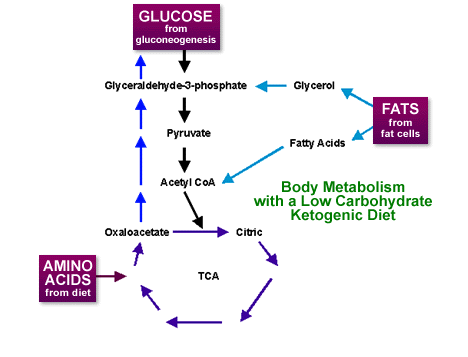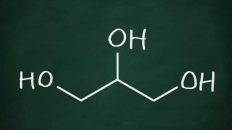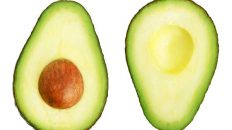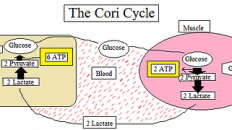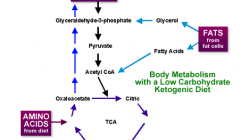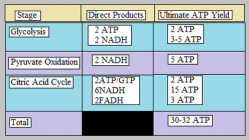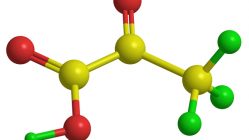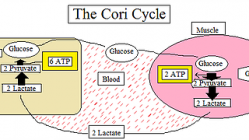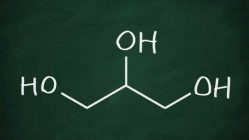Now that we have a basic understanding of ketosis and gluconeogenesis, your next thought should be:
“Wouldn’t my protein intake eventually convert to sugar kicking me out of ketosis?” In short, no.
But why exactly?
To start, not all non-carbohydrate substances will yield glucose. When they do it is an extremely low level; it would take 1.6 grams of amino acids to yield 1 gram of glucose. To further this point, it would take about 200 grams of protein a day to generate 120 grams of glucose; this is an extremely high ratio that would deteriorate LBM (lean body mass). In short, our bodies basically go “Hey there buckaroo, we can’t do this because we’ll lose all our muscle so let’s reduce the need for gluconeogenesis.”
So what are the mechanisms behind this?
Not much research is currently available to give an exact reason as to why this conversion doesn’t happen during ketosis; however, some researchers speculate that there may be a limit to the enzyme function resulting in a halt of this process. What’s more is that ketones are generally protein sparing so long as protein intake is low enough to not stimulate gluconeogenesis; they are not converted to glucose which results in a limit of ketones being utilized for energy. These points further the fact ketones spare protein breakdown and inhibit gluconeogenesis.
Theories behind why ketones are protein sparing:
- One argument states that ketones are anti-catabolic because of the time course for changes in nitrogen balance (most research is done on individuals who had been fasted for short periods of time; major decrease in nitrogen sparing does not take place until the 3rd week of ketosis where, at this point, muscles no longer use ketones to any significant degree.)
- Thyroid hormones, mostly triiodothyronine (T3). T3 is known as controlling metabolic rates however it also affects every tissue in the body including protein synthesis; decrease in T3 will slow protein synthesis and vice versa. “KD causes thyroid malfunction and L-thyroxine treatment may be required.”
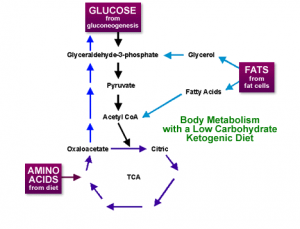
Sources:
1. “The Ketogenic Diet: A Complete Guide for the Dieter and Practitioner” By: Lyle McDonald
2. Kose, E. (2017.) Changes of thyroid hormonal status in patients receiving ketogenic diet due to intractable epilepsy. JPEM. 30(4):411-416. doi: 10.1515/jpem-2016-0281.

